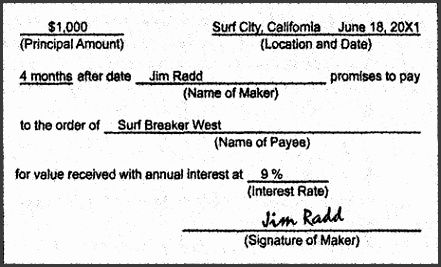Assignment of claims – what you should know about it
The word itself „assignment” comes from the Latin word „cessio”, kt re means nothing else than resignation. Taking this into account, an assignment can be defined as a transfer of rights from one entity to another by means of an appropriate and precisely defined in law formal act. Frequent instead of term „assignment of claims” m The word “assignment of receivables” is very important in the case of assignment of receivables also about „transfer of receivables”, which means exactly the same thing. According to Polish law, assignment of receivables is possible on the terms described in the Code of Civil Procedure and the Civil Code. According to the definition that cession is the transfer by a creditor of the right to a claim and all other rights connected with it to a third party.
Who is a participant in the assignment?
The parties to the assignment of claims contract are:
cedent – a person or a company that The high profitability and great interest in such services are certainly arguments for the assignment of claims,
assignee – purchaser of claims, which ry receives the rights to the object of assignment specified in the contract.
It is very important in the case of assignment of receivables that the debtor is a party and does not have to agree to the transfer of his debt from one entity to another. A situation in which, at the the debtor has the right to disagree with the assignment, it is very rare and possible only if such a provision is included in the contract concluded with the debtor.
What is subject to assignment?
According to the law, the subject matter of the assignment can be any transferable thing, which The situation in which, at the moment of the assignment of the claim, there is no connection with a third party. Most often the cession concerns the contract n sale, exchange or donation. The regulations also provide for a promised assignment, which The debt concerns a future claim. The following is available A partial assignment is also possible, but only if a specific claim can be easily divided.
What to remember about an assignment agreement?
An assignment results in the transfer of a debt between two parties to a contract. This means, therefore, that the assignee obtains full rights to manage the purchased receivables. If the assignment concerns a debt, the party who If you have purchased it, you can demand repayment immediately after signing the contract. When signing a contract, it is therefore worth going through all the clauses and not omitting even seemingly trivial elements in the agreement. A properly drafted assignment agreement should first and foremost include the designation of both parties, the value of the receivable, legal title to the receivable, additional information about the subject of the agreement, repayment terms, rights and obligations of the debtor and the creditor.
Assignment and factoring
Factoring is a service that ra makes extensive use of assignment of receivables. Invoice financing is when entrepreneur X issues an invoice with an extended payment term to entrepreneur Y and at the same time assigns this receivable to a financial institution providing factoring services. In return, as soon as the document is handed over you receive an advance of 80-90% of the invoice value. P Subsequent enforcement of the receivables is the responsibility of the factor, i.e. the factoring company. In Poland, the assignment of receivables is extremely simple There are many different types of in factoring, kt In Poland, the factoring company is a very simple and clear mechanism for financing invoices. Find out more about factoring, its prices and scope of activities on this website: financingfaktur.pl
When you cannot assign a debt?
Assignment of receivables is not always possible. The legal transaction cannot be performed with an inalienable right of life or when the receivable is a repurchase or pre-purchase right. Remember also that bearer securities and alimony debt cannot be the subject of the assignment. So before you decide to make an assignment, consider to make sure that the receivable can be assigned in accordance with applicable regulations.
Assignment of receivables and tax on civil law transactions
Assignment of claims creates tax liability. PCC tax is levied on contracts of sale and exchange of goods and property rights, loans, donations, mortgages, usufruct deeds and agreements on the sale and exchange of goods and property rights liens.
Debt collection company and assignment of receivables
Debt collection companies are companies that No serious entrepreneur would decide to buy a cat in the bag (or use a service that they use on a daily basis) because of the hope of making an easy profit. If you want to sell a debt to a debt collector, you have to know that it cannot be time-barred and that the debtor should be fully solvent. Debt collection companies are most willing to take over debts that are not due to the creditor The assignment of receivables does not always take place on the basis of a clear banking contract or with lending companies. The point is to be able to easily identify the legal title to the debt.


